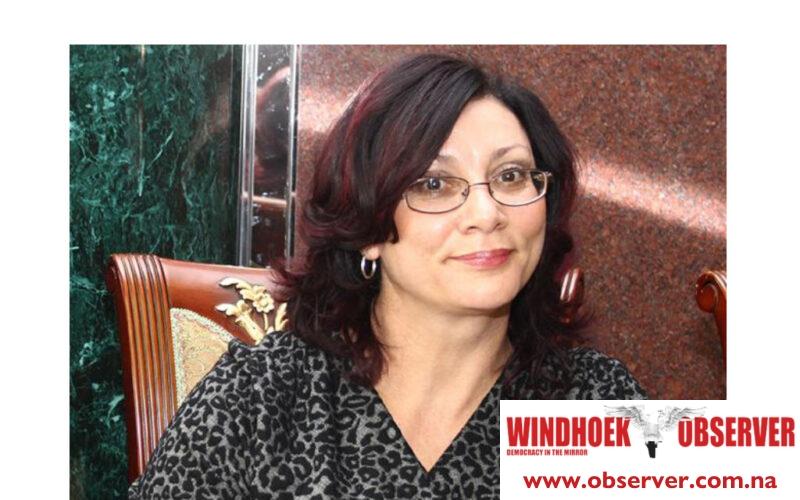Allexer Namundjembo
The executive director of education, Sannet Steenkamp, called on parents to report any school principals or teachers who deny learners access to classrooms due to incomplete school uniforms.
Speaking to the Windhoek Observer recently, Steenkamp said such actions are unconstitutional and violate the Education Act of 2020.
“It is unconstitutional to deny a learner access to education because of a uniform. I want every parent to report specific principals or teachers who deny learners access to education because of incomplete school uniforms to the education directors in their regions. We will take necessary action,” Steenkamp said.
She referenced her visits to Rwanda, where education is taken seriously, noting that some learners attended school without full uniforms but were still allowed to learn.
According to reports, Hage Geingob Secondary School sent more than six schoolgirls home in 2022 for wearing trousers.
This occurred despite the education ministry releasing a statement earlier in the year instructing schools not to deny pupils access to education based on their appearance.
In the same year, two learners from Sauyemwa had also been sent home for not wearing school uniforms, leading Annakleta Kahonzo, the Kavango West Operations Manager for Rob Youth Foundation, to appeal to good Samaritans willing to assist learners with school uniforms.
“That is how education should be treated,” she added.
Steenkamp also addressed concerns raised by parents on social media regarding schools asking them to purchase additional cleaning materials, such as air fresheners.
She clarified that while the government provides basic cleaning materials to schools, these provisions are often insufficient.
“Schools may request additional cleaning materials only if they reach an agreement with parents during parent meetings. However, this should not burden parents unfairly,” she said.
Regarding funding, Steenkamp highlighted the ministry’s increased budget allocation for learners.
The allocation has risen from N$200 to N$300 for primary learners and from N$300 to N$400 for secondary learners.
She said these funds enable schools to purchase essential stationery, including pens, pencils, and books.
Additional items like school bags, scientific calculators, and mathematical sets remain the responsibility of parents.
“Regional directors will either procure these materials through a three-year procurement process or allow schools to purchase directly. Many regions have opted to handle procurement through schools for efficiency,” she explained.
Steenkamp reiterated the government’s commitment to heavily subsidising public education, stating that learners are not required to pay examination fees.
“The only fees charged are hostel fees, and where schools and parents reach an agreement, administrative fees may be introduced,” she said.
She also noted that schools accommodating learners with disabilities receive five times more funding than regular schools to ensure equitable education for all.
“Education is not an expenditure but an investment. It is our duty to ensure every learner’s right to education is upheld,” Steenkamp concluded.




